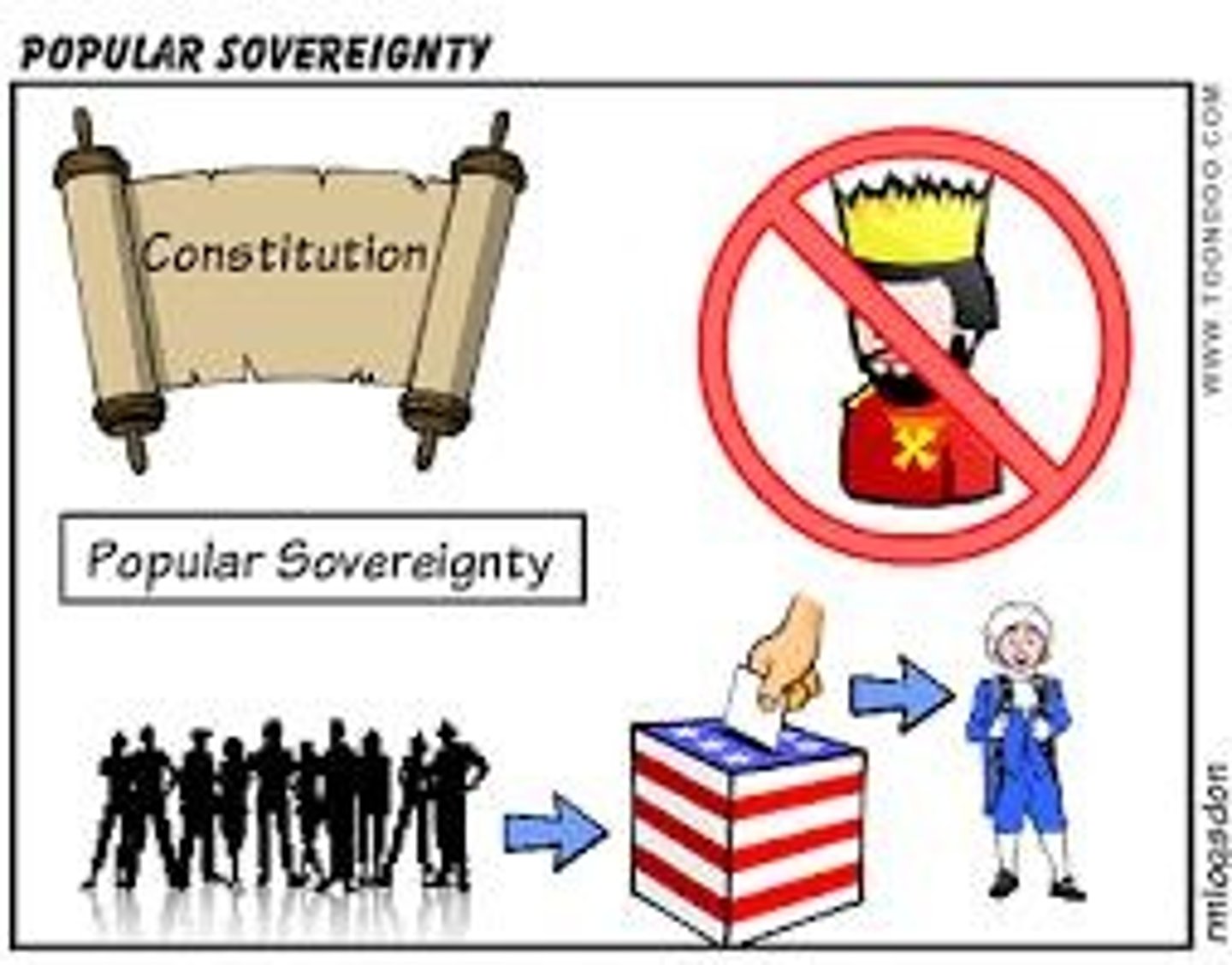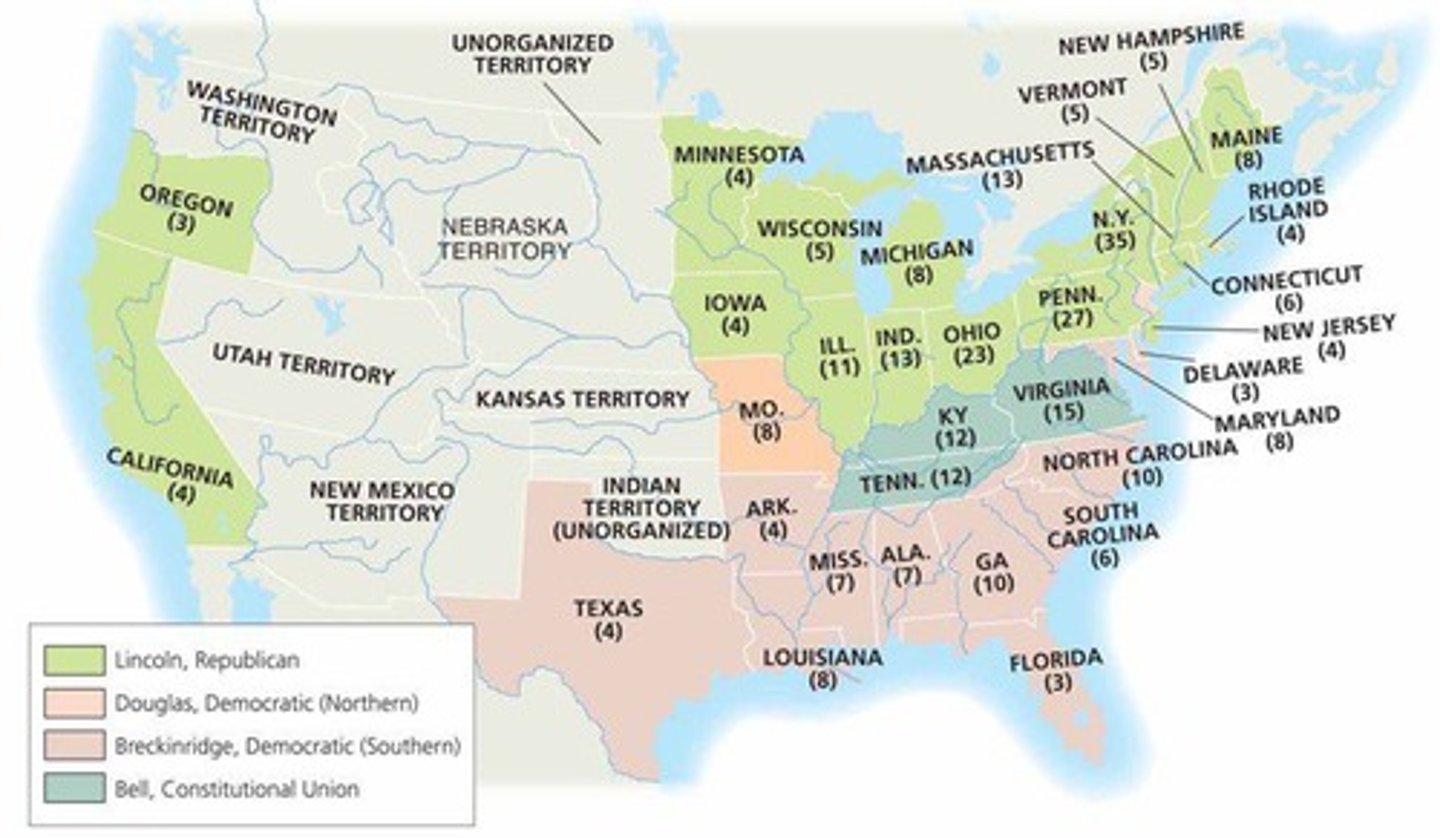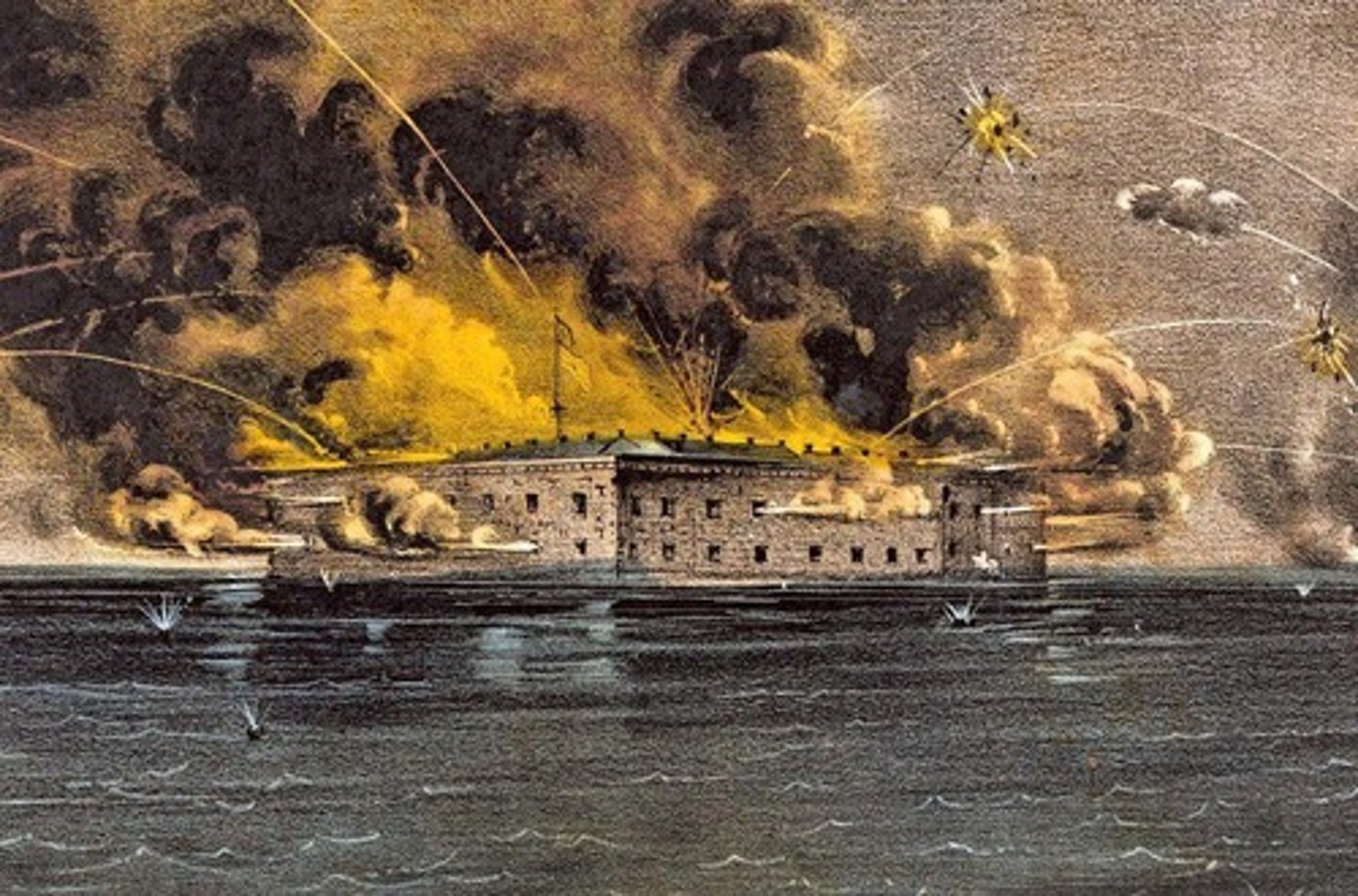Southern Secession and the Road to Civil War
1/27
There's no tags or description
Looks like no tags are added yet.
Name | Mastery | Learn | Test | Matching | Spaced | Call with Kai |
|---|
No analytics yet
Send a link to your students to track their progress
28 Terms
California and Texas Debate
Discussions on slavery's extension in 1848.
Zachary Taylor
Elected President in 1848; proposed free states.
John C. Calhoun
Pro-slavery advocate; threatened Southern secession.
Daniel Webster
Neutral stance; supported returning fugitive slaves.
William Seward
Opposed slavery; refused to return fugitive slaves.
Compromise of 1850
Series of laws addressing slavery and territories.
Fugitive Slave Act
Required Northern states to return escaped slaves.
Anthony Burns Event
1854 incident highlighting tensions over fugitive slaves.
Uncle Tom's Cabin
Harriet Beecher Stowe's novel against slavery.
Election of 1852
Franklin Pierce won; endorsed Kansas-Nebraska Act.
Kansas-Nebraska Act
Introduced popular sovereignty for slavery decisions.

Bleeding Kansas
Violent conflicts over slavery in Kansas territories.
John Brown
Abolitionist leader known for violent resistance.
Dred Scott v. Sandford
Supreme Court case denying citizenship to slaves.
Election of 1856
James Buchanan won; supported Southern concessions.
Harpers Ferry Raid
John Brown's failed attempt to incite slave uprising.
Election of 1860
Lincoln won without Southern electoral votes.

South Carolina Secession
First state to secede on December 20, 1860.
Fort Sumter
Site of first battle in the Civil War.

Lincoln's Inauguration
Took place on March 4, 1861.
Civil War Start
Officially began on April 12, 1861.
Stephen A. Douglas
Proposed the Kansas-Nebraska Act; supported popular sovereignty.
Republican Party Formation
Established in opposition to slavery expansion.
Whig Party Collapse
Resulted from divisions over slavery issues.
Fines for Interference
Up to $1,000 for obstructing slave catchers.
Public Sale of Slaves
Ended in D.C. but slavery continued.
Federal Troops at Burns
1,500 troops restored order during Burns' capture.
League of Gileadites
Organization aiding runaway slaves to Canada.